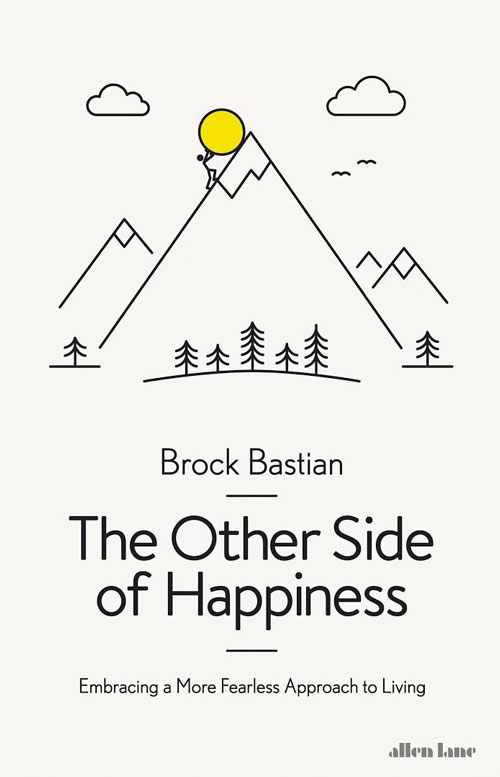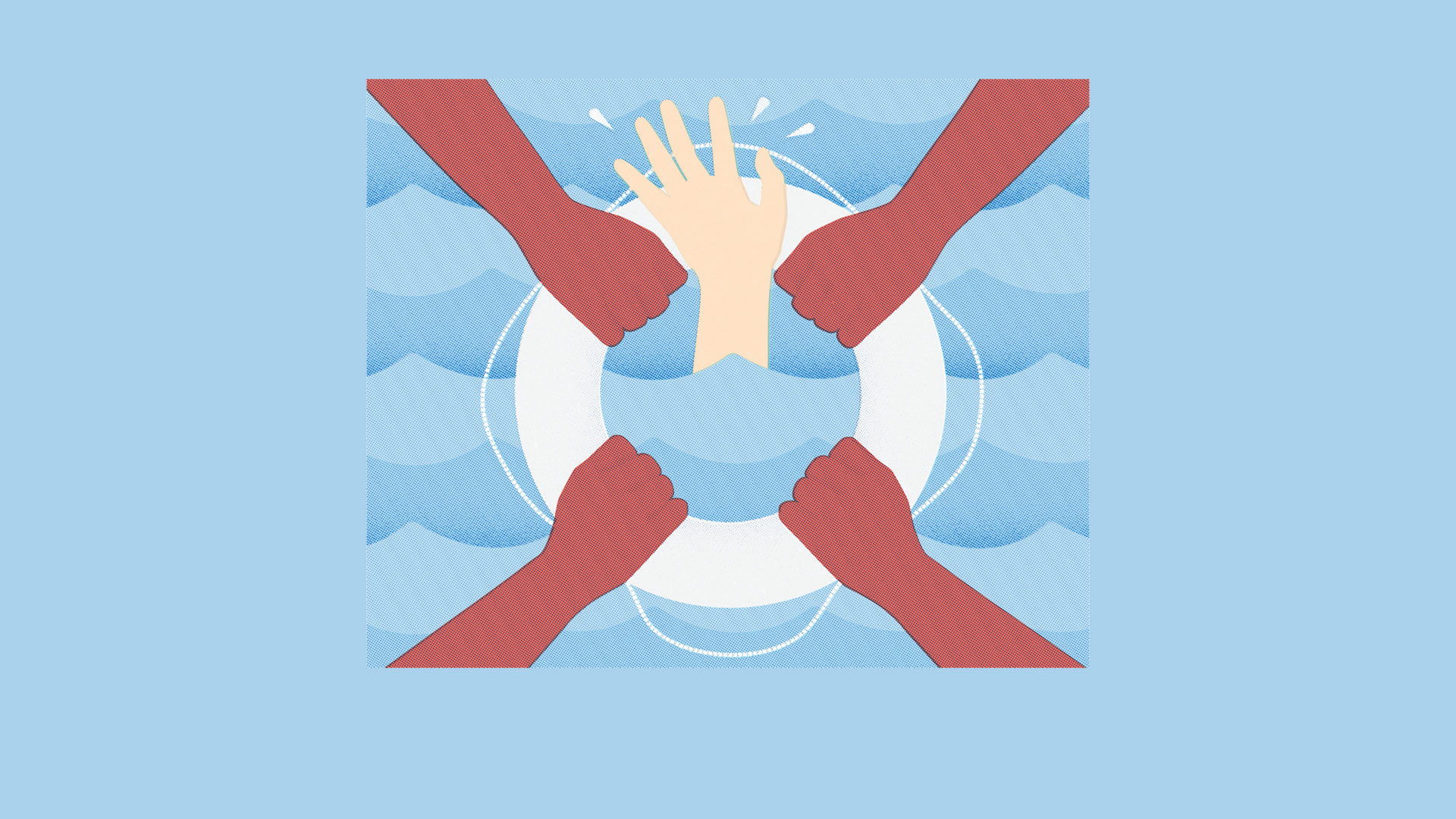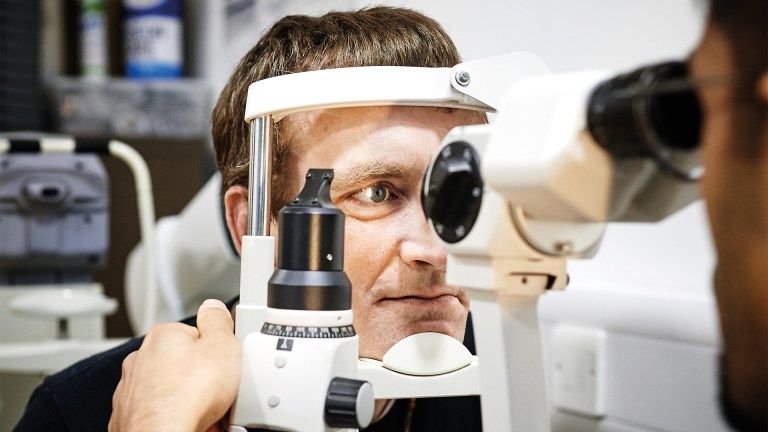There is an awful practice noted in some countries of gangs kidnapping children to work as beggars. In some cases, they go as far as starving or injuring the children, because this elicits more empathy and donations from tourists. Although this reveals a horribly dark side to human nature, its effects reveal something a lot more hopeful.
Research shows that when people see someone experiencing physical or social pain (rejection or hurt) they have an automatic and reflexive response that can be observed in the brain. When viewing the experience of another person’s physical pain, the regions of the brain involved in processing pain are stimulated. So too, when observing someone experiencing social rejection, the parts of our brain which allow us to engage with another’s feelings, to take their perspective, become activated.
We have a visceral and gut-level response to the suffering of others, and this translates into pro-social behaviour. People become more empathetic and supportive of others when they see them in pain.

Researchers have also found that people who experience adversity in their lifetime are more likely to act in pro-social ways. Our own painful experiences build empathy and compassion for others, and increase our willingness to donate our money and our time.
This helps to explain why we often see people come together at times of shared crises. Data showed that rates of volunteering spiked across America after September 11 – people literally became more more supportive of each other. Social support works just like analgesic – it makes the pain easier to bear.
In my research, I have found that when people share painful experiences in a group (such as eating hot chilli, or putting their hands in buckets of ice water) they are more likely to feel bonded and to co-operate, compared to when they share a similar but less painful experience. This helps to explain why we often see people come together at times of shared crises.






